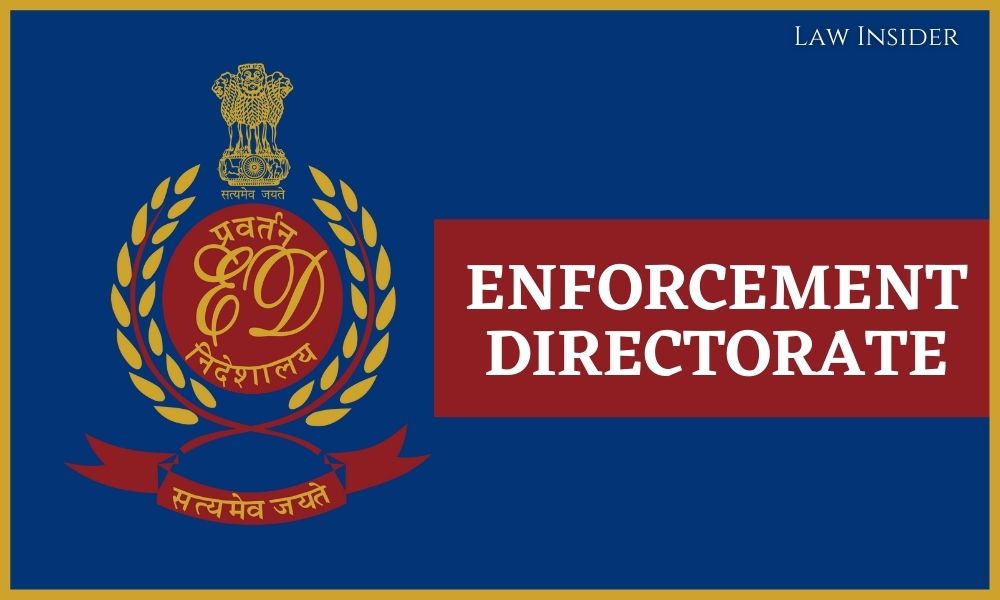LI Network
Published on: December 19, 2023 at 15:53 IST
In a critical evaluation of the Supreme Court’s ‘RK Arora’ judgment, delivered on December 15, 2023, Manu Sebastian examines the court’s stance on the Enforcement Directorate’s (ED) obligation to provide written reasons for arrest.
The judgment, which modifies the earlier ruling in ‘Pankaj Bansal v. Union of India,‘ introduces a 24-hour window for the ED to furnish written grounds, raising concerns about potential abuse of powers and the curtailment of safeguards against arbitrary arrests.
The ‘Pankaj Bansal’ judgment, delivered on October 3, 2023, emphasized the need for the ED to compulsorily provide written grounds of arrest, asserting that arrests cannot be justified solely on the grounds of non-cooperation with summons. The court warned against “vindictive conduct” by the ED and stressed the importance of transparent and fair actions.
However, the ‘RK Arora’ judgment, while retaining the oral communication of grounds during arrest, allows the ED to provide written reasons within 24 hours. It also clarified that the ‘Pankaj Bansal’ ruling would not apply retrospectively, ensuring that arrests made before its pronouncement would not be deemed illegal for lack of written reasons.
Sebastian questions the dilution of safeguards against arbitrary arrests, emphasizing the potential for afterthoughts and post-facto justifications within the 24-hour window. He scrutinizes the procedural aspects, citing concerns about ED’s fishing and roving inquiries.
The judgment is also critiqued for perceiving a conflict between ‘Pankaj Bansal’ and ‘Vijay Madanlal Chaudhary’ and for not acknowledging that ‘Pankaj Bansal’ addressed a gap left by ‘Vijay Madanlal.’ Sebastian argues that both judgments can be harmonized, as ‘Vijay Madanlal’ did not explicitly cover the issue of providing written reasons.
Sebastian raises questions about the judicial propriety of ‘RK Arora,’ highlighting the irony of a coordinate bench reading down a judgment delivered by another coordinate bench. He asserts that, even if ‘Pankaj Bansal’ is considered per incuriam, ‘RK Arora’ could face the same fate.
Finally, Sebastian examines the retrospective application of ‘Pankaj Bansal,’ challenging ‘RK Arora’s’ assertion that it won’t apply retrospectively.
He argues that judgments are presumed to apply retrospectively unless explicitly stated otherwise, and ‘Pankaj Bansal’ deemed the petitioner’s arrest illegal based on the absence of written grounds, indicating retrospective application.
In conclusion, Sebastian expresses concern about the overshadowing of the progress made by ‘Pankaj Bansal’ within two months, suggesting potential setbacks in curbing arbitrary arrests.

